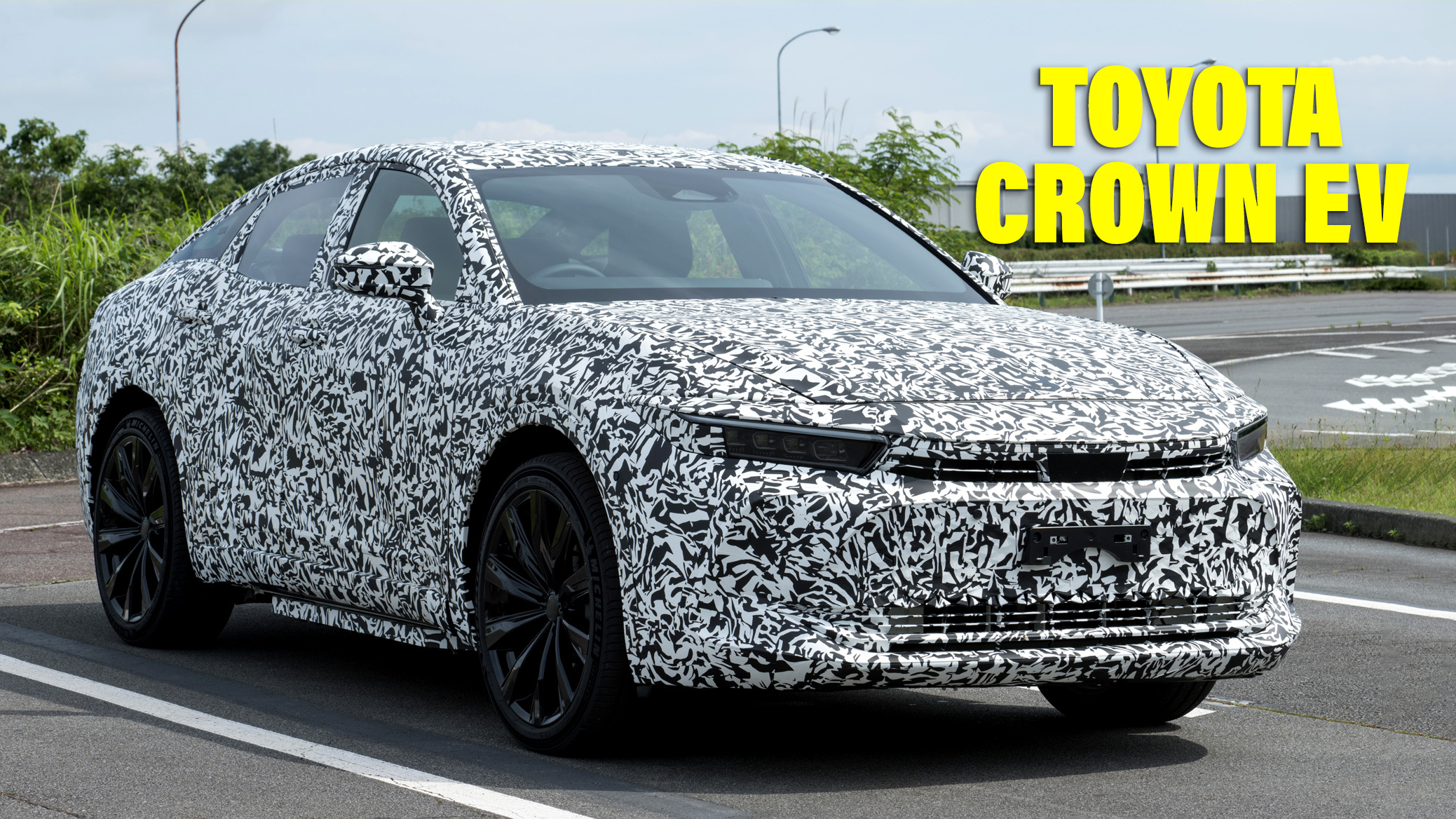Daytripper
Team Owner
- Joined
- Jul 22, 2020
- Messages
- 2,020
- Points
- 323
Electric cars have their place but it isn't the total solution. In the northern part of the country we know the battery is the weakest component in winter. We'll see how people like replacing batteries down the road. There isn't a standard charging port yet. Plus the size of a gas station will need to grow to a Walmart parking lot to charge the same number of cars a gas station services. I think electric cars transfer one form of pollution for another.
Don't forget the fact that our current electric grid could not handle the demand if the majority of cars in the country were electric. I'm not against electric cars, but there is an awful lot of infrastructure updates and better technology needed that will take decades to get done.


